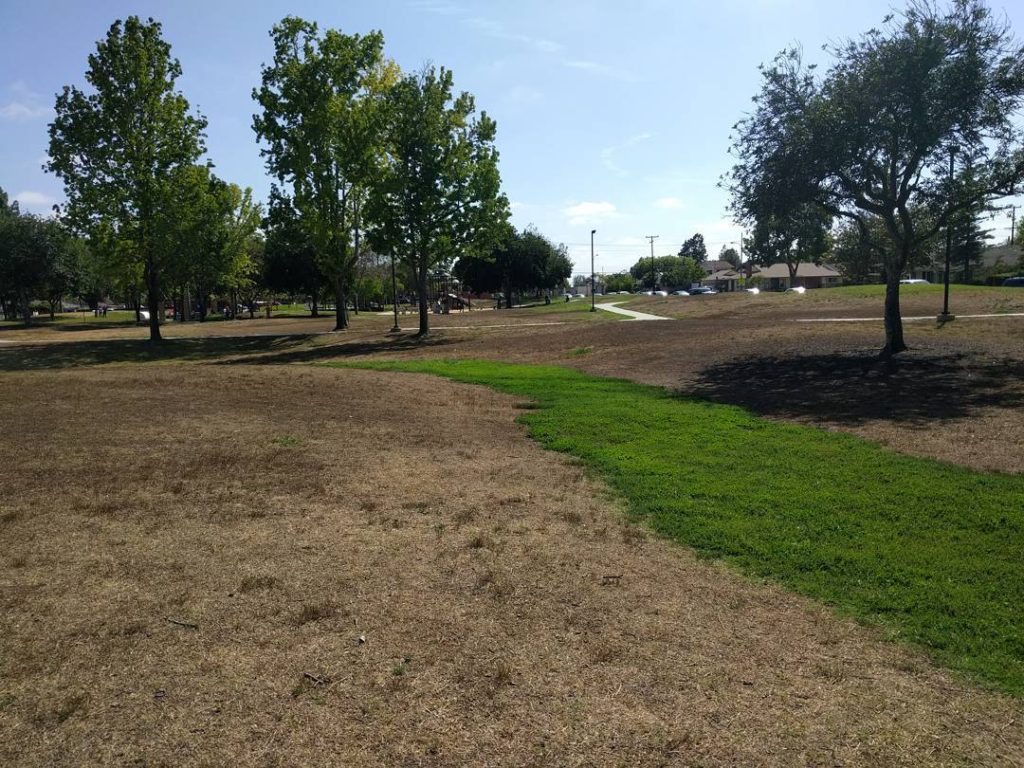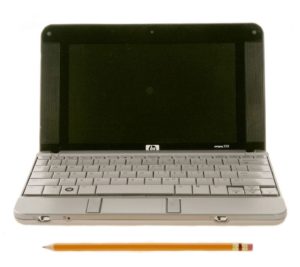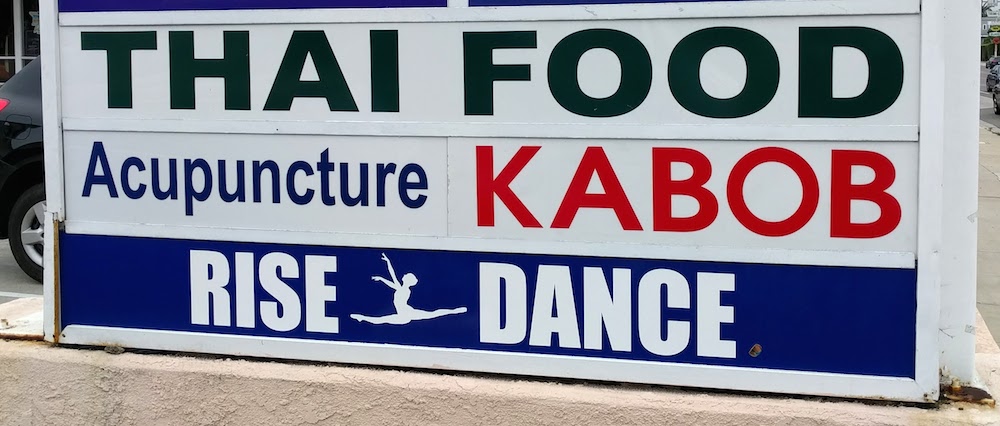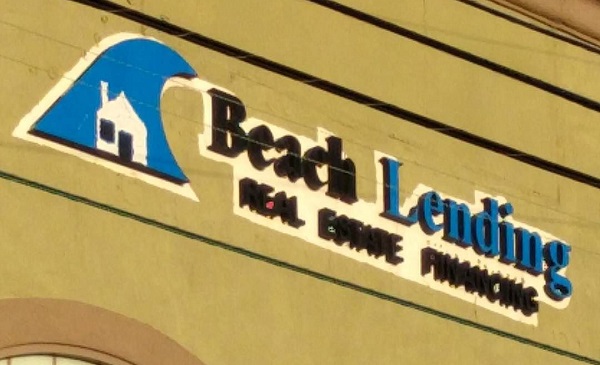Sophos reports that Facebook is testing a feature to hide new posts from your timeline so they don’t feel so permanent. Of course they’re still searchable until you actually delete them, so they’re still permanent in that sense.
What’s odd: Facebook posts don’t feel permanent to begin with, even though they effectively stick around forever.
Thinking about it, two things make an internet post feel permanent to me:
- Can I count on it sticking around?
- Can I count on finding it again?
Facebook, despite a lot of improvements over the years, is a mess. The newsfeed algorithm means you can’t just keep scrolling back. The timeline view isn’t reliably complete. Search is kind of a crap shoot. Don’t get me started on trying to find a particular old post on Twitter!
And that’s dealing with sites I can expect to stay online over time. A post on a forum, or a comment on someone else’s blog, or any social network could easily vanish in someone’s server crash or business shutdown.
If I can’t count on being able to find what I post a few years down the line, it feels like it’s temporary, even if it isn’t.
This is one reason that my Flickr portfolio feels more permanent than my Instagram photos: I can find them without resorting to third-party apps. If I want to find a particular photo on Instagram, I have to page down through my profile until I find it. On Flickr, I can find a 10-year-old photo of a fountain in seconds by searching for “fountain” and expanding the “Your photos” section of the results.
Then again, running my own site is only reliable as long as I can afford it. If something happens to me, and I can’t pay for hosting anymore, what then? I figure I’d simplify things down to where I could get a basic, super-cheap hosting plan. Make the blogs read-only so they can be served statically from a shared server or S3 bucket, or move them to WordPress.com, or just be willing to let them crash under load. But what if I’m incapacitated and can’t convert it? Or just plain not there anymore? If I really want to keep my corner of the web up “permanently,” I’m going to have to make a plan ahead of time.
Otherwise my carefully preserved photos, articles, and extended musings will be toast…leaving behind as context only broken links and all my supposedly (but not really) ephemeral offhand remarks on Twitter and Facebook.





